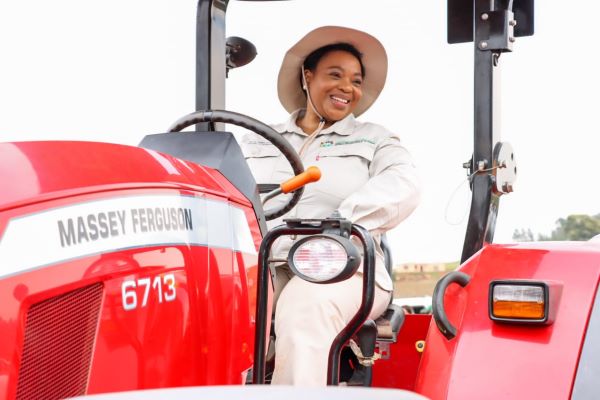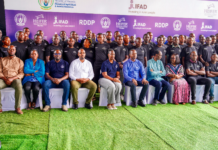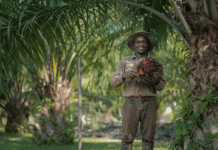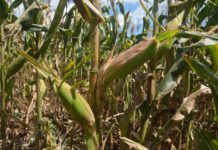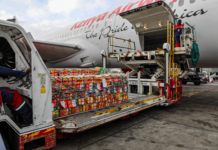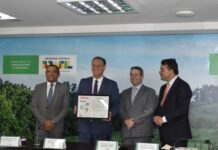KwaZulu-Natal (KZN) Premier, Nomusa Dube-Ncube, says the agricultural sector continues to grow and make a positive contribution to food availability, employment and economic growth.
Speaking at the Provincial Agriculture Indaba held at Msunduzi Sports Field in Mandeni Local Municipality, KZN last Saturday, Dube-Ncube said the provincial government supports the acceleration and revitalisation of the rural economy to provide necessary farming implements and mechanisation in rural areas.
“Government continues its support to the [agricultural] sector by ensuring [that] underutilised land is brought into production and made available to communities and historically disadvantaged individuals,” Dube-Ncube said.
The Premier, together with Agriculture and Rural Development MEC, Super Zuma hosted the indaba, which looked at the role that agriculture and agribusiness can play in addressing the pressing challenges of employment, poverty and intergenerational inequality.
The Premier commended the signing of the Agriculture and Agribusiness Masterplan at national level, a social compact of the sector that ensures partners in agriculture work together for the transformation and inclusive participation of all.
“It is the role of government to ensure equitable access to land in order to reverse the apartheid spatial planning and to increase the participation of historically disadvantaged communities in agriculture and other land-based industries.
“It is therefore revolutionary that our National Assembly has adopted the Expropriation Bill which provides for expropriation of land without compensation and is now to be finalised in 2023 by the National Council of Provinces.”
She said the provincial government believes that next to tourism, agriculture holds the greatest potential to help KwaZulu-Natal’s economy grow and create mass employment in the coming years.
“Agricultural scientists and economists predict that huge growth in domestic production in 2023 which will necessitate that South Africa reaches new export markets with countries like China, South Korea, Japan, the USA, Vietnam, Taiwan, India, Saudi Arabia, Mexico, the Philippines and Bangladesh being targeted for fruit, wine, beef and grains.
“These are real opportunities for agriculture in KwaZulu-Natal [and] we want South Africa to become number one in agriculture again, and we want KwaZulu-Natal to lead that trajectory.
“In this regard, in 2023, in KwaZulu-Natal there will be a drive for the Department of Agriculture, Land Reform and Rural Development to broaden the blended finance instruments to accommodate more financial institutions and increase its scale to reach more farmers,” the Premier said.
She announced that the province will commence with the rollout of agri-hubs located in various districts, and an amount of R152 million has been allocated to Agriculture and Rural Development over the next three years.
“The agri-hubs programme has been identified as a national priority programme and is to be included in the Presidential Infrastructure Coordinating Commission and funded accordingly. There is ample appetite from local and international investors to partner with the KZN provincial government in the development of these agri-hubs and we expect construction to commence soon,” the Premier said.
During the Indaba, Dube-Ncube also unveiled a fleet of Yellow Plant Equipment, including trucks, tractors, TLBs (tractor loader backhoe) and excavators, which will help farmers and local communities to ensure food security and ward off hunger and poverty.


